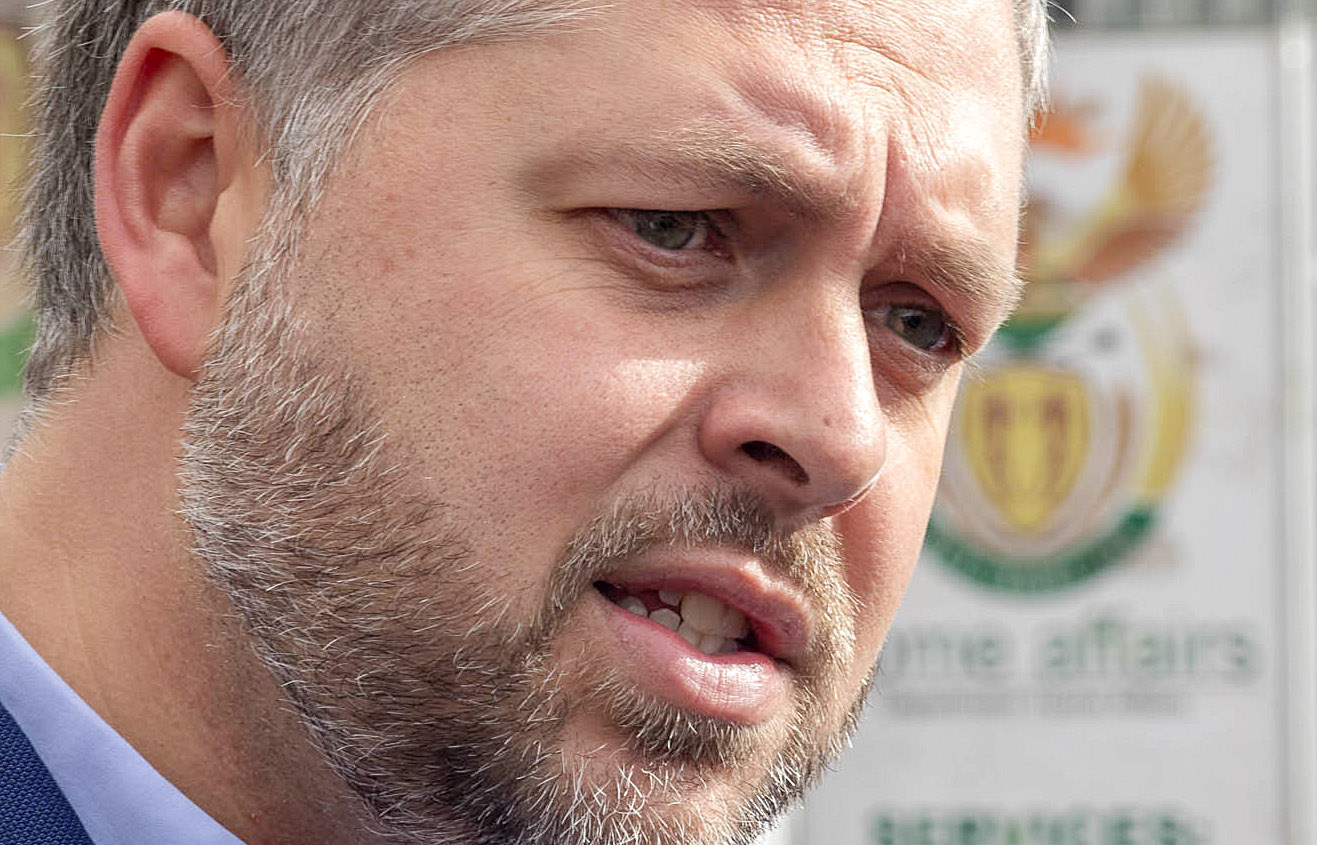A 6,500% spike in the cost of identity verification is now official, and, as you probably have read from your service providers, South Africa’s banks, fintechs and digital economy enablers are scrambling to respond.
From 1 July 2025, the Department of Home Affairs (DHA) will charge R10 per real-time identity verification, up from a nominal 15 cents. Despite 30 days of intense public consultation, both in writing and in-person meetings (and resulting in the addition of the R1 off-peak option), following a formal gazette opening the consultation period, many vendors have raced to the media to cry foul.
Read more: Estonia showed that Leon Schreiber is the minister of good intentions
TymeBank was out the gate early, calling for an immediate halt to the increase, describing it as a “crippling blow to financial inclusion”.
Capitec, on the other hand, is quietly absorbing the cost, for now. Minister of Home Affairs Leon Schreiber insists that if South Africa wants a digital economy, this is the cost of doing business.
Killing progress in the name of?
TymeBank’s CEO, Coenraad Jonker, appeared prepared for this.
“This threatens financial inclusion, digital transformation and national compliance efforts,” he warned in a public letter to the President and several Cabinet members.
The bank serves millions of grant recipients and informal workers – clients whose digital access depends on low-cost onboarding and verification.
“This is a regressive tax on the most vulnerable South Africans,” said Jonker, accusing the department of undermining the idea of a digitally inclusive economy.
The new cost, he argues, makes it “commercially unviable to serve low-income South Africans”.
The increase, Jonker contends, also risks derailing efforts to get South Africa off the Financial Action Task Force’s greylist.
“You can’t comply with AML [anti-money laundering] laws if you can’t afford to verify identities,” he said. The bank is calling for the increase to be paused and replaced with a performance-linked, inflation-indexed pricing model developed through structured industry consultation.
Necessary pain
In contrast, Capitec supports the mission to upgrade the National Population Register and improve the reliability of its online systems.
“These crucial upgrades require a fee increase,” the bank said, noting that identity verification was a “critical building block to prevent fraud, which ultimately comes at a significantly higher cost to all South Africans”.
To protect its clients, Capitec is absorbing the increased costs for the 2025 financial year and promises no fee hikes to customers as a result.
Daily Maverick asked Schreiber for comment and guidance, but the minister forwarded links to existing stories on the matter – and then it clicked.
Echoes from Estonia
“People underestimate just how central Home Affairs is to our lives,” he said during an interview at the e-Governance Conference in Estonia. “Home Affairs is also the foundation of the financial system.”
Schreiber was telegraphing the move, framing it as a comment on the importance of digital verification in banking: “When you open a bank account and you put your fingerprint there, it’s Home Affairs that ultimately provides that data to verify who you are.”
Read more: Cabinet clout – the GNU’s best and worst performers, one year in
And if that data isn’t credible? “Your financial system is not credible. Your tax system is under threat,” he warned.
The minister has made digital transformation the “apex priority” of his department. He says phasing out the green ID book, developing a digital ID and ensuring interoperability of state databases are all key to building a more resilient and secure South Africa.
The bigger picture
“It’s all counter-fraud,” he explained. “It strengthens Sars and revenue enforcement. And it’s doable – Estonia has done it.”
At the heart of this fee fight lies a critical question: can South Africa afford to modernise its public systems without deepening digital exclusion?
For Schreiber, the trade-off is a no-brainer: no digital identity, no secure economy. DM




 Home Affairs Minister Leon Schreiber. (Photo: ER Lombard /Gallo Images)
Home Affairs Minister Leon Schreiber. (Photo: ER Lombard /Gallo Images)